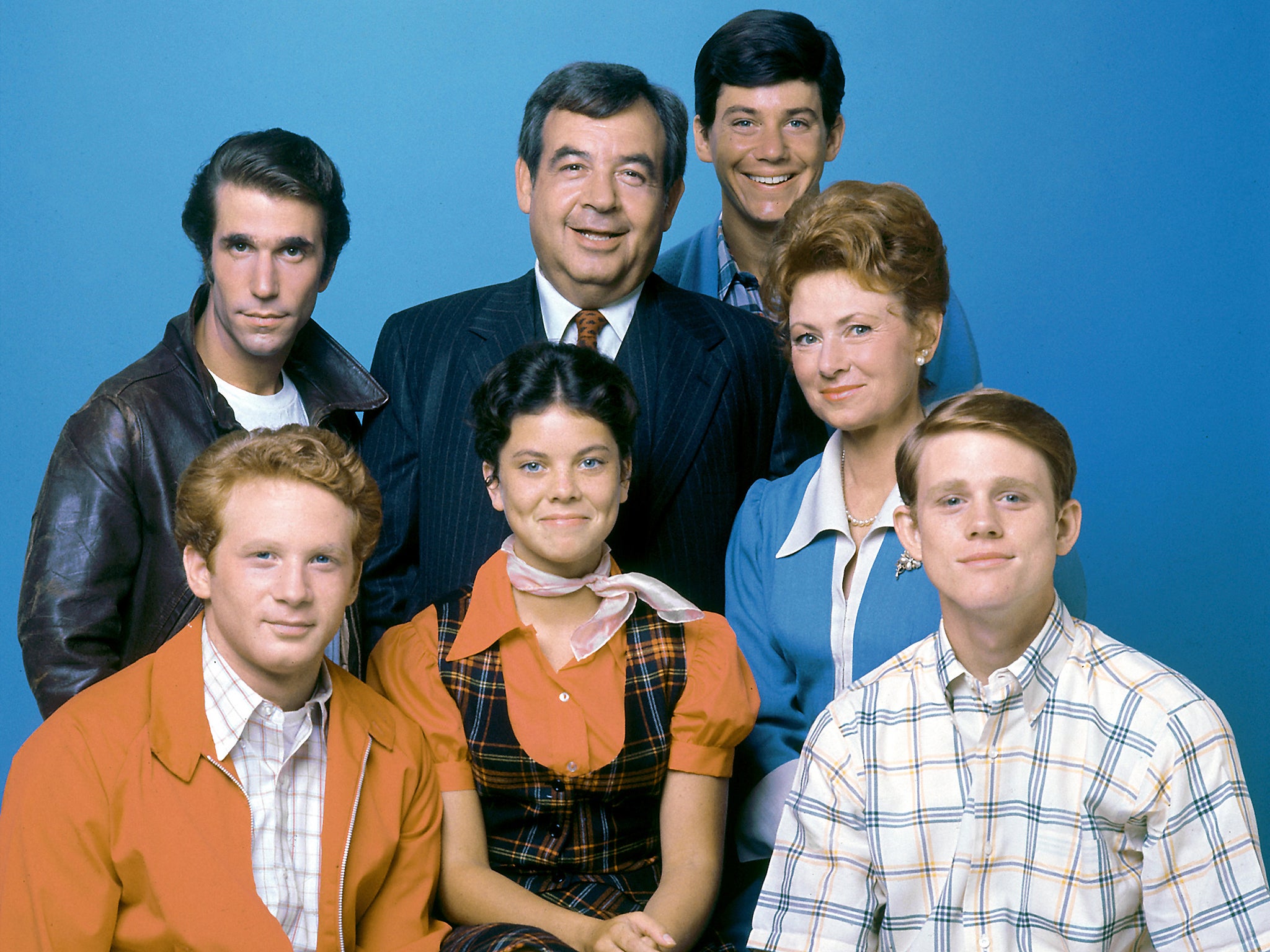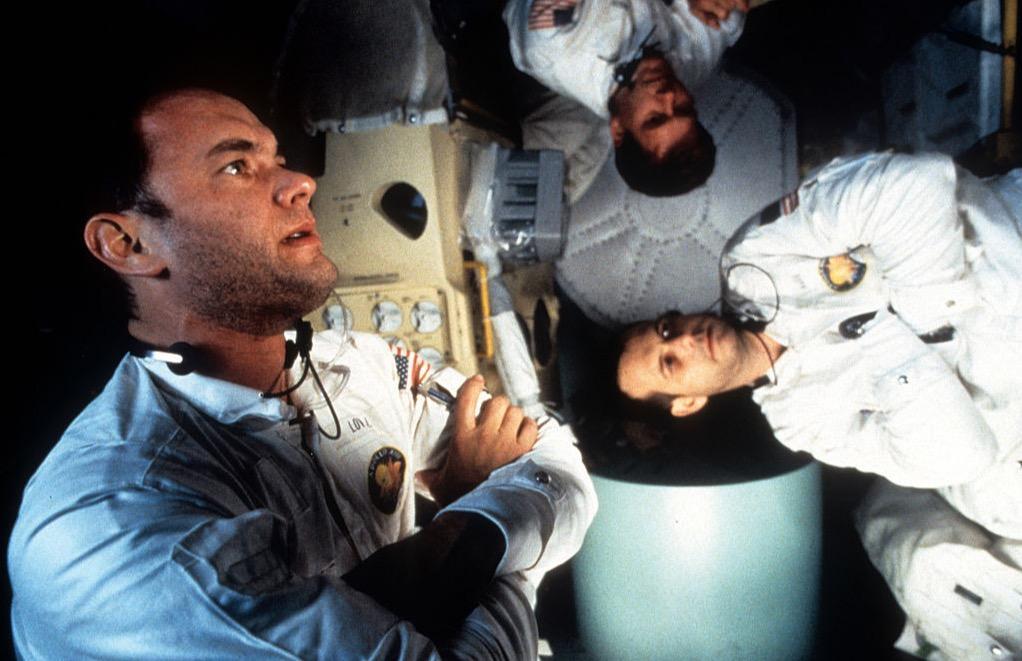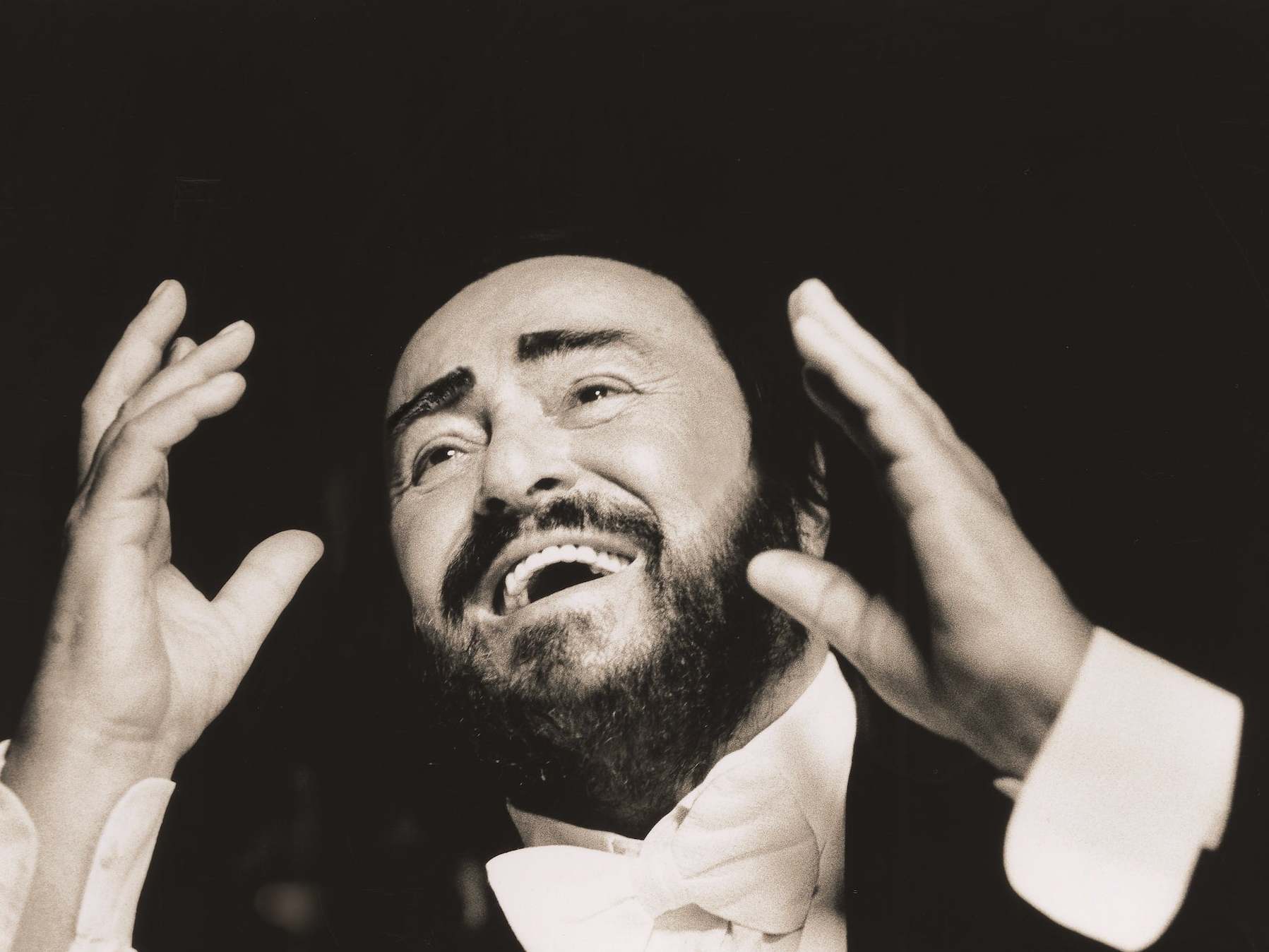Ron Howard interview: ‘Pavarotti would be working with Jay-Z today’
The veteran director talks to Al Horner about his new documentary about the great opera singer, criticism of his ‘Solo: A Star Wars Story’, and being cautiously open to making another Star Wars film

Your support helps us to tell the story
From reproductive rights to climate change to Big Tech, The Independent is on the ground when the story is developing. Whether it's investigating the financials of Elon Musk's pro-Trump PAC or producing our latest documentary, 'The A Word', which shines a light on the American women fighting for reproductive rights, we know how important it is to parse out the facts from the messaging.
At such a critical moment in US history, we need reporters on the ground. Your donation allows us to keep sending journalists to speak to both sides of the story.
The Independent is trusted by Americans across the entire political spectrum. And unlike many other quality news outlets, we choose not to lock Americans out of our reporting and analysis with paywalls. We believe quality journalism should be available to everyone, paid for by those who can afford it.
Your support makes all the difference.There’s a moment in new documentary Pavarotti when the opera star’s smile finally slips. It was the height of his Nineties pomp, and Luciano, as he was known to friends and family, was a superstar like few others: a crossover titan who’d brought the genre to the masses, regularly seen on magazine covers and evening news footage, beaming through encounters with Princess Diana, Nelson Mandela and the like. You’d never have known it from the warm, cheery grin usually fixed to his face, but Pavarotti was crumbling inside. Many opera purists felt he was past his best, and cheapening the genre by collaborating with rock and pop acts like U2 and the Spice Girls. The criticism hurt, and in a tender moment, captured on tape by his partner in an intimate home video, that hurt is painfully evident. He looks broken. Fame and fortune can make you immune to many of life’s problems – but not self-doubt.
“No one likes to be criticised. You can’t be guided by it, because it’ll destroy your thinking and sensibilities if you let it,” says Ron Howard, who can definitely relate. Pavarotti is the seasoned director’s first movie since last year’s Solo: A Star Wars Story, a movie that did what no one in Hollywood thought possible: underwhelm at the box office. The 65-year-old was roped in to rescue the film after Lucasfilm honcho Kathleen Kennedy decided the film was spiralling out of control in the hands of original director duo Phil Lord and Christopher Miller. True to his reputation in Hollywood as an unflappable, reliable collaborator, Howard turned a production that had been beset with problems into a serviceable entry in the Star Wars universe. Reviews, however, were lukewarm, and audiences as a result didn’t rush to multiplexes to watch it the way they had with the previous year’s The Last Jedi. It earned $30m (£24m) less than Disney’s lowest predictions for the movie across its opening weekend in the US, causing the company to cancel plans for further Star Wars spin-offs.
“It was unfortunate,” Howard says today, reflecting on the criticism that the film received, and the scrutiny that comes with working on a Star Wars film. “I really enjoyed Solo. Phil Lord and Chris Miller were incredibly gracious to me, but it’s still a shame things unfolded the way they did – for the movie and for them,” he admits. “Creatively I had a blast. It was a fun, fun sandbox to play in. The people behind the scenes who have dedicated themselves to that galaxy are so passionate and so smart. People want to use the legacy and foundation to try and tell fun, fresh, emotional stories that can sweep audiences away. So I had a really good time.” He had only nine months to salvage a film that was someone else’s vision for a Star Wars movie. He takes a moment to contemplate whether he’d go back and make another, if he was able to enact his own vision, to create a Jedi action adventure from scratch. “I would say I’d be cautiously open to the idea,” he hesitates.
I always had a curiosity about the way the world works: human interactions, the way we rise to challenges, how we define ourselves at work, what matters most in our personal lives
Following up a laser-blasting space heist caper with a documentary about a late opera star, assembled from archive footage, is pretty typical of Howard. The former Happy Days star – who still possesses the boyish smile he had when he emerged as an actor more than 50 years ago – has his critics: people who find his films watchable but rarely extraordinary, no matter what the Academy say (he’s amassed 39 Oscar nominations and nine wins since his directorial debut, Night Shift, in 1982).

Few could argue he’s not eclectic, however. How many other filmmakers have ricocheted from romantic fantasies about mermaids (Splash) and sci-fi alien dramas (Cocoon) to astronaut thrillers (Apollo 13) and kids’ comedies like The Grinch Who Stole Christmas across their careers?

“It’s probably the only aspect of my work as a director that I’d categorise as strategically defined,” he says. “As an actor, I had great experiences, I enjoyed it. But I was limited as an actor, and I got typecast. I didn’t want to fall into that pattern as a storyteller. I always had a curiosity about the way the world works: human interactions, the way we rise to challenges, how we define ourselves at work, what matters most in our personal lives.” It’s a character trait, he says, that almost enticed him into a sideline in journalism. I can believe that, I tell him – Pavarotti, in its meticulous tracing of the singer’s life, piecing together a picture of the star from performance footage, archive interviews and revealing chats with friends and family, certainly has a journalistic feel.
“It was really interesting and fun discovering the shape of his life journey,” says Howard of his portrait of the star, which doesn’t flinch from some of his more flawed behaviour, such as adultery. “I had to find an equilibrium between recognising his foibles and his choices in life that could be hurtful to the people he loved, and an overwhelming sense of love and respect for him. I ended up with an appreciation for his spirit, the way he approached people and life and work.” The movie uses performance footage to mirror and help tell his story, from birth to death via unparalleled celebrity status for an opera singer, especially during his time as part of supergroup The Three Tenors. “I knew if we chose performances from times in his life where he was experiencing moments of personal transition, we could use them to tell the story of his journey. As a filmmaker, I just knew there was an X-factor there. These incredible performances helped us convey to audiences not just what he was going through, but how emotionally relatable opera is, which is something I didn’t really know about going in.”
That’s a point he’s keen to underline: this isn’t a film for opera fans, but a character study that simply happens to focus on a man who shone a new spotlight on the genre in his heyday. Howard only met Pavarotti once, at a Grammy event decades ago. “I knew in the 30 seconds we spent together he was obviously very charismatic,” he says. But it had never occurred to Howard to centre a film on him. Instead, the opportunity just kind of came up: after impressing with other music documentaries Eight Days a Week, about The Beatles, and Made in America, a 2014 chronicle of Jay-Z’s inaugural music festival, a producer connected Howard with Pavarotti’s family, who until then had always refused to lend their backing to any films about the tenor.

Pavarotti riled the opera world by performing at charity concerts with the biggest pop stars of his time. “It served a couple of his great interests: a philanthropic purpose, and the broadening of the fans for opera,” says Howard. “He believed it was the right thing to do, even if it got him criticism. It was courageous.” If he were alive today, in our current age of hip-hop dominating the charts, would Pavarotti be working with rap stars like Kendrick Lamar and Cardi B? “I think he’d definitely be open and interested in that,” he chuckles. “I don’t think it’s out of the question to assume he’d have found a way to be part of that music movement.”
Speaking of popular trends – right now is a time of big blockbuster music biopics. Bohemian Rhapsody and Rocketman have proved huge successes. Could a dramatised version of Pavarotti’s story work just as well? And would Howard be interested in directing it? “Hmmm. It would be very difficult to cast – an impossible task,” he says. “I’m not sure. There’s a lot of drama in Luciano’s life. And the controversies and struggles he faced are relatable to most people. But Rocketman and Bohemian Rhapsody had extreme social challenges that those movies built their narratives around,” he says, hinting at the LGBTQ themes in the stories of Freddie Mercury and Elton John. “Those movies depict the social mores that those artists acted against and rebelled against, which you don’t have with Luciano’s story.”
There’s certainly a strong overarching social element to his next project, which he’s currently filming in Atlanta: we speak on a break from work on Hillbilly Elegy, his adaptation of a best-selling memoir about a man who overcame a dysfunctional upbringing in rust-belt Ohio that was steeped in abuse and addiction to become a successful venture capitalist. The book, by JD Vance, tapped into questions about social mobility in America, and is described by Howard as “a case study of a family, looking at transitional moments in periods of their lives. Our adaptation is written by Vanessa Taylor, who co-wrote The Shape of Water, and the cast is just great: Amy Adams, Glenn Close… We’re all enjoying it creatively and it’s very cathartic. The family is reasonably specific but the issues and circumstances are very universal. They cross cultures and boundaries. We’re all reliving aspects of our lives through the actions of these world-class actors.”
Whether that movie is a critical smash or dud, Howard is sure he’ll survive. “You have to trust your instincts. But I also strongly believe you should ultimately read your reviews. I don’t read them carefully, but I do look at them after the dust has settled for me emotionally, after I know the way the project landed in the marketplace,” he says. “To ignore critics and criticism can be pretty short-sighted in terms of your own evolution and growth. And I’d like very much to keep on growing.” Howard’s evolution, to borrow an opera cliché, isn’t over until the fat lady sings.
Pavarotti is out in UK cinemas now
Join our commenting forum
Join thought-provoking conversations, follow other Independent readers and see their replies
Comments